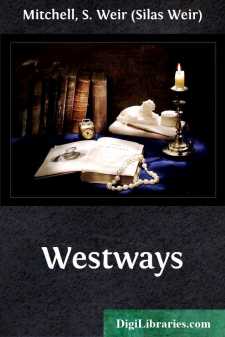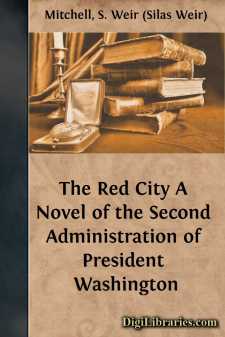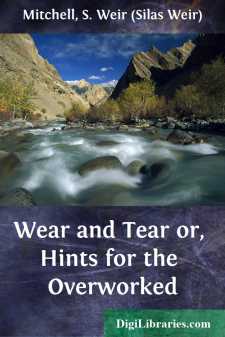Categories
- Antiques & Collectibles 13
- Architecture 36
- Art 48
- Bibles 22
- Biography & Autobiography 813
- Body, Mind & Spirit 142
- Business & Economics 28
- Children's Books 17
- Children's Fiction 14
- Computers 4
- Cooking 94
- Crafts & Hobbies 4
- Drama 346
- Education 46
- Family & Relationships 57
- Fiction 11829
- Games 19
- Gardening 17
- Health & Fitness 34
- History 1377
- House & Home 1
- Humor 147
- Juvenile Fiction 1873
- Juvenile Nonfiction 202
- Language Arts & Disciplines 88
- Law 16
- Literary Collections 686
- Literary Criticism 179
- Mathematics 13
- Medical 41
- Music 40
- Nature 179
- Non-Classifiable 1768
- Performing Arts 7
- Periodicals 1453
- Philosophy 64
- Photography 2
- Poetry 896
- Political Science 203
- Psychology 42
- Reference 154
- Religion 513
- Science 126
- Self-Help 84
- Social Science 81
- Sports & Recreation 34
- Study Aids 3
- Technology & Engineering 59
- Transportation 23
- Travel 463
- True Crime 29
Westways
Categories:
Description:
Excerpt
CHAPTER I
The first Penhallow crossed the Alleghanies long before the War for Independence and on the frontier of civilisation took up land where the axe was needed for the forest and the rifle for the Indian. He made a clearing and lived a hard life of peril, wearily waiting for the charred stumps to rot away.
The younger men of the name in Colonial days and later left the place early, and for the most part took to the sea or to the army, if there were activity in the way of war. In later years, others drifted westward on the tide of border migration, where adventure was always to be had. This stir of enterprise in a breed tends to extinction in the male lines. Men are thinned out in their wooing of danger—the belle dame sans merci. Thus there were but few Penhallows alive at any one time, and yet for many years they bred in old-fashioned numbers.
As time ran on, a Penhallow prospered in the cities, and clinging to the land added fresh acres as new ambitions developed qualities which are not infrequently found in descendants of long-seated American families. It was not then, nor is it now, rare in American life to find fortune-favoured men returning in later days to the homes of their youth to become useful in many ways to the communities they loved. One of these, James Penhallow,—and there was always a James,—after greatly prospering in the ventures of the China trade, was of the many who about 1800 bought great tracts of land on the farther slope of the Pennsylvania Alleghanies. His own purchases lay near and around the few hundred acres his ancestor took up and where an aged cousin was left in charge of the farm-house. When this tenant died, the house decayed, and the next Penhallow weary of being taxed for unproductive land spent a summer on the property, and with the aid of engineers found iron in plenty and soft coal. He began about 1830 to develop the property, and built a large house which he never occupied and which was long known in the county as "Penhallow's Folly." It was considered the more notably foolish because of being set, in unAmerican fashion, deep in the woods, and remote from the highway. What was believed to be the oldest pine-tree in the county gave to the place the popular name of "Grey Pine" and being accepted by the family when they came there to live, "Penhallow's Folly" ceased to be considered descriptive.
The able and enterprising discoverer of mines had two sons. One of them, the youngest, married late in life, and dying soon after left a widow and a posthumous son John, of whom more hereafter. The elder brother was graduated from West Point, served some years with distinction, and marrying found himself obliged to resign his captaincy on his father's death to take charge of the iron-mills and mines, which had become far more important to the family than their extensive forest-holdings on the foot-hills of the western watershed of the Alleghanies.
The country had long been well settled. The farmers thrived as the mills and mines needed increasing supplies of food and the railway gave access to market....



















